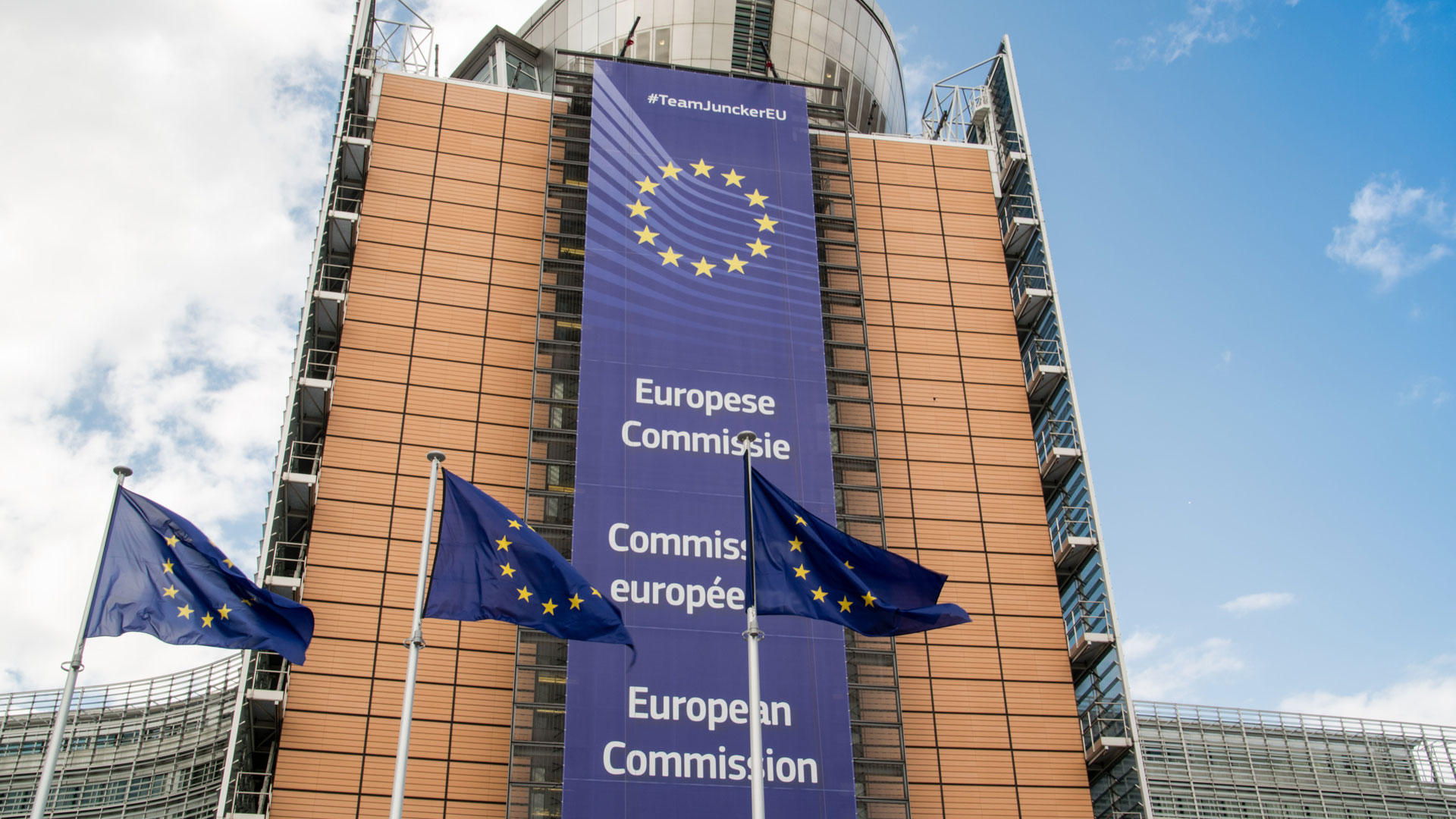The International Air Transport Association (IATA) branded the European Commission’s (EC) decision to set the winter slot use threshold at 50% as “out of touch with reality,” and argued that the EC had ignored the advice and evidence presented by EU member states and the airline industry, which had made the case for a much lower threshold.
The EC’s announcement means that, from November to April, airlines operating at slot-regulated airports must use at least half of every single series of slots they hold. There is no alleviation to hand back slots at the start of the season allowing airlines to match their schedule to realistic demand or enable other carriers to operate. Additionally, the rule on ‘force majeure’, by which the slot rule is suspended if exceptional circumstances related to the COVID pandemic are in effect, has been switched off for intra-EU operations.
The industry body has argued that the result of these changes will be to restrict the ability of airlines to operate with the agility needed to respond to unpredictable and rapidly changing demand, leading to “environmentally wasteful and unnecessary flights”, adding that it will also “further weaken the financial stability of the industry and hinder the recovery of the global air transport network”.
“Once again the Commission has shown they are out of touch with reality. The airline industry is still facing the worst crisis in its history. The Commission had an open goal to use the slots regulation to promote a sustainable recovery for airlines, but they missed. Instead, they have shown contempt for the industry, and for the many member states that repeatedly urged a more flexible solution, by stubbornly pursuing a policy that is contrary to all the evidence presented to them,” said Willie Walsh, IATA’s Director General.
Based on this currently lukewarm summer for air travel, demand for winter travel is expected to be much lower than normal based on current levels of forward bookings.
IATA argues that despite the roll-out of vaccines, governments continue to be extremely cautious about opening borders and respond to variants of concern by closing borders or instigate quarantine measures that instantly kills travel demand. “It is clear that European air travel demand is still extremely weak and unpredictable,” states the industry body.
“There is a rich irony that only a week after the Commission released its ‘Fit for 55’ carbon emissions plan, it publishes a slots regulation that may force airlines to fly regardless of whether sufficient demand for that route exists. Transport Commissioner Valean said ‘We need to act with ambition for our planet, but without punishing our citizens or businesses.’ Clearly, this decision on slots fails to meet these conditions,” said Walsh.
Meanwhile, Heathrow has released figures that show demand remains depressed. Fewer than 4 million people travelled through Heathrow in the first six months of 2021 compared to 15.4 million in the year-ago period, and the airport reported a growth in cumulative losses from COVID-19 to £2.9bn.
Heathrow revenue for the first half of 2021 fell by 51.1% to £348million, generating a pre-tax loss of £868 million.
Heathrow states that it has succeeded in protecting jobs by reducing cash burn by over 50% versus H1 2019, with a 35% reduction in operating costs and a 77% cut in capex. The airport also reports that its “prudent financing action” has increased liquidity by 49% to £4.8 billion since the start of the pandemic, providing sufficient cover to meet all commitments until October 2022 in the extreme no revenue scenario.
With continued travel restrictions causing some uncertainty over passenger numbers, Heathrow also confirms that it has sought creditor approval to waive the Heathrow Finance ICR covenant for FY 2021.
Cargo volume at Heathrow remain 18% down on pre-pandemic levels, while Frankfurt and Schiphol are up by 9%. Heathrow claims that Britain is losing out on tourism income and trade with key economic partners like the EU and US because Ministers “continue to restrict travel for passengers fully vaccinated outside the UK. Trade routes between the EU and the US have recovered to nearly 50% of pre-pandemic levels while the UK remains 92% down”.
Heathrow has called for financial support to remain as long as any restrictions remain on travel.
“Travel is now the only sector still facing restrictions, and for as long as it does, Ministers should provide financial support including an extension to the furlough scheme and business rates relief. Heathrow pays nearly £120 million a year in rates, in spite of being loss making; the government is changing policy to prevent us from reclaiming overpayments and we are challenging this in the High Court,” said the company.
Heathrow CEO John Holland-Kaye said: "The UK is emerging from the worst effects of the health pandemic, but is falling behind its EU rivals in international trade by being slow to remove restrictions. Replacing PCR tests with lateral flow tests and opening up to EU and US vaccinated travellers at the end of July will start to get Britain’s economic recovery off the ground.

